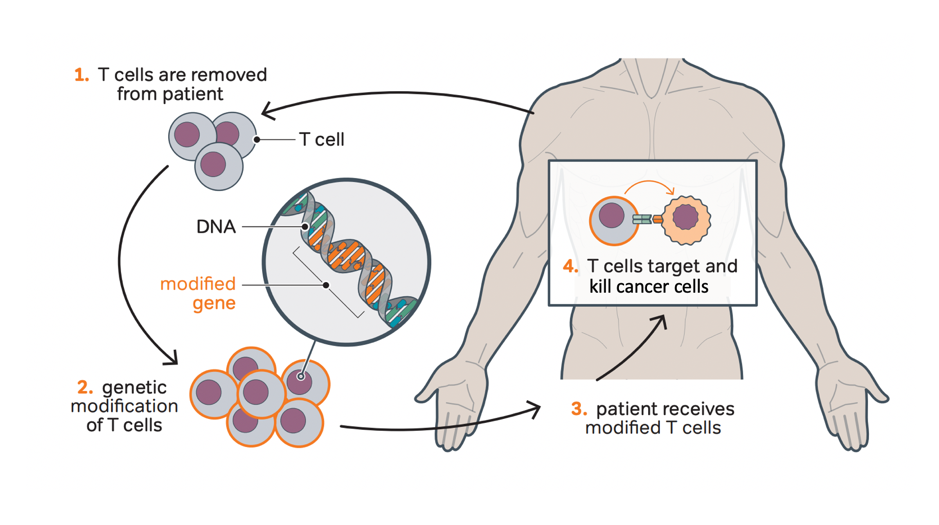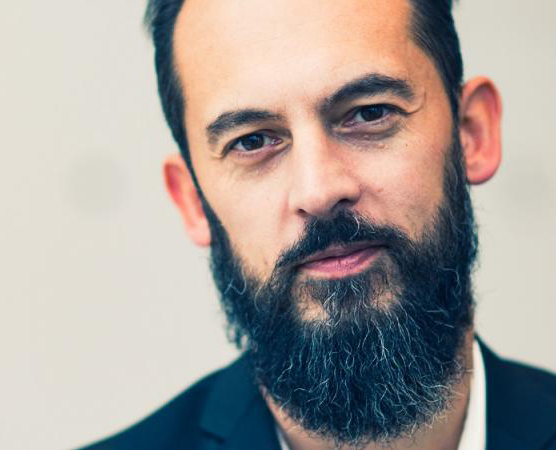Read this previous BioVox article for more on the Science for health event.
Microchips for life
Peter Peumans has had an interesting journey into the life sciences. Starting his career in Belgium with a degree in electrical engineering from KU Leuven, Peumans’ curious nature drove him halfway across the world, to both Princeton and Stanford University, before eventually pulling him back to home base in 2011. Though his time as a professor was spent working on renewable energy, he always had an interest in life sciences and healthcare; a fascination he has now been pursuing in his role as the imec Senior Vice President of Life Science Technologies.
“I’m an engineer: my passion is to figure out how to use the material world around us for the benefit of mankind,” Peumans stated in an interview with BioVox. “At imec we’re fascinated by the power of chip technology. People have spent so much money buying smartphones, tablets and other devices, that the technology itself has become very powerful. We’re interested in figuring out how to use that power to make devices, not for computing, communication or memory storage, but for the life sciences. To save people’s lives.”
A tricky treatment
Cell therapy is progressing in leaps and bounds; the first products are already saving lives across the globe, just a few years after hitting the market. However, therapies like CAR-T still face significant challenges, particularly when it comes to the manufacturing process.
At imec, we’ve taken a close look at how cell therapy is done today, and we see a number of steps where things could really be improved… With this new microchip, we can achieve single cell precision sorting, in a high throughput manner, improving both the accuracy and speed of the manufacturing process. – Peter Peumans, imec
The process usually involves removing immune cells from a patient, reprogramming them to target tumor cells and injecting them back into the patient as a cancer treatment. This is complex, to say the least: contamination risks, high costs and long production times hamper manufacturing significantly. Fortunately, as cell therapies evolve, so do the technologies supporting the intricate workflow.

Image: CAR T-cell therapy process outline (adapted from Myeloma UK)
Chipping away at cell therapy challenges
Imec’s new cell-sorting microchip represents a solution for some of the key manufacturing challenges in cell therapy. Though imec are working on several new technologies targeting cell therapy, this particular chip could help improve the speed and accuracy of the vital cell selection stage. Peter Peumans explained:
“At imec, we’ve taken a close look at how cell therapy is done today, and we see a number of steps where things could really be improved. For example: one of the first steps in the CAR-T process is to filter out the white blood cells that you want to work with. This apheresis step is typically done using magnetic beads, but that is not a very precise selection process.
With this new microchip, we can achieve single cell precision sorting, in a high throughput manner, improving both the accuracy and speed of the manufacturing process.”
For more on cell therapy challenges read this previous BioVox article.
Speed is an important consideration in CAR-T therapies, as the cancer patients are often woefully short on time. Peumans is confident the imec microchip could bring manufacturing time down from the current three-week standard to just a few days, a time reduction that would undoubtedly save many lives.
Accurate cell selection is also vitally important for cell therapy: a few years ago, Carl June (another Science for health keynote speaker) discovered that a single cell, if programmed incorrectly, can actually kill the patient. On the flip side, he also found that, in some cases, a single programmed cell can also be enough to cure the patient.
At imec, we truly believe in the power of chip technology to improve complex therapies like CAR-T. By leveraging powerful chip manufacturing platforms to build life science tools, we can really make a difference to people’s lives. – Peter Peumans, imec
Precision medicine is the way of the future. In cell therapy, a field where precious time is lost multiplying cells in the expansion phase, a microchip enabling greater speed and accuracy during the cell selection process would be enormously beneficial.
“There are a number of places where chips can make a huge difference in the life sciences,” Peumans concluded. “At imec, we truly believe in the power of chip technology to improve complex therapies like CAR-T. By leveraging powerful chip manufacturing platforms to build life science tools, we can really make a difference to people’s lives.”
For more information or to register, please visit the Science for health website.


